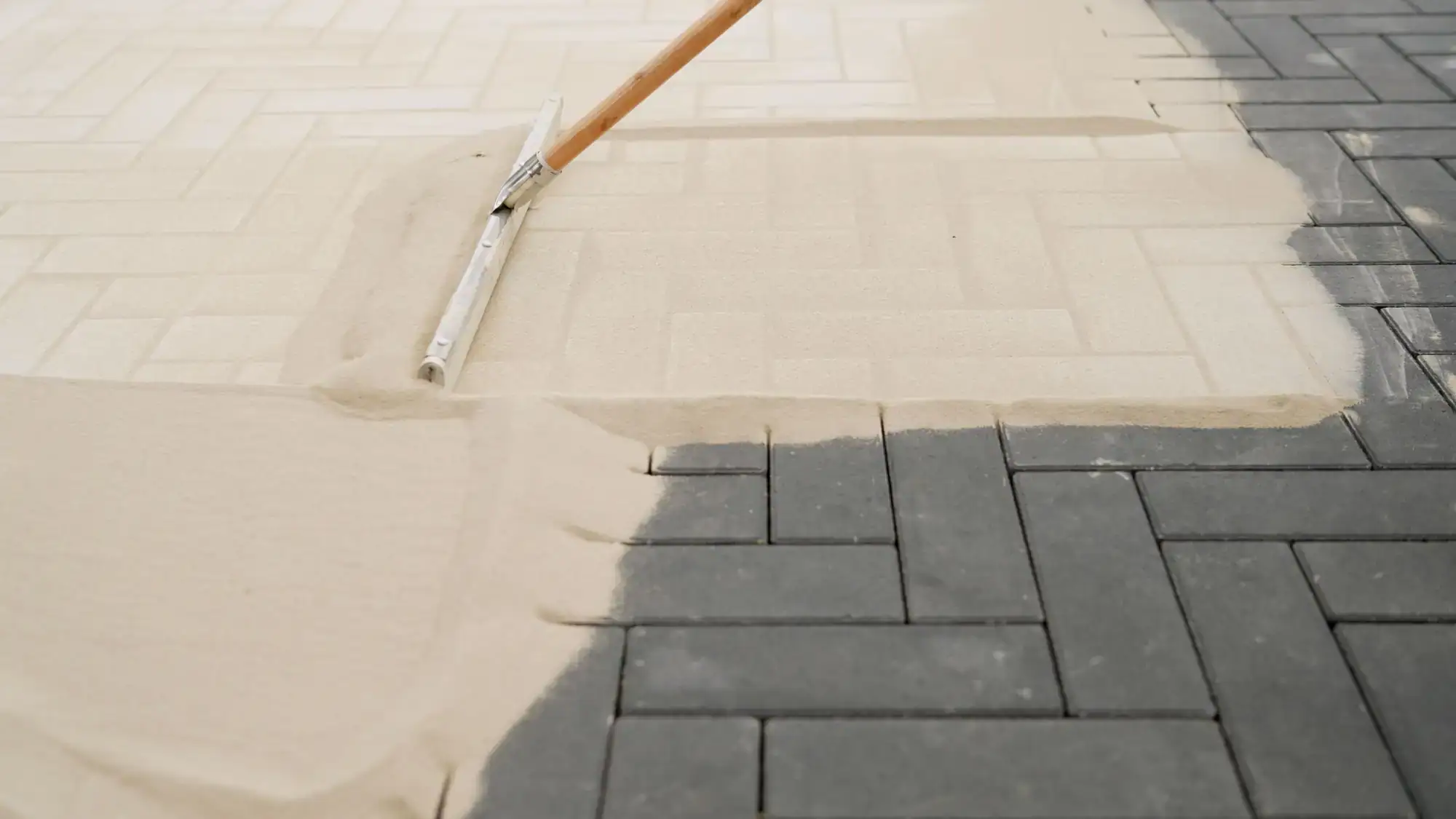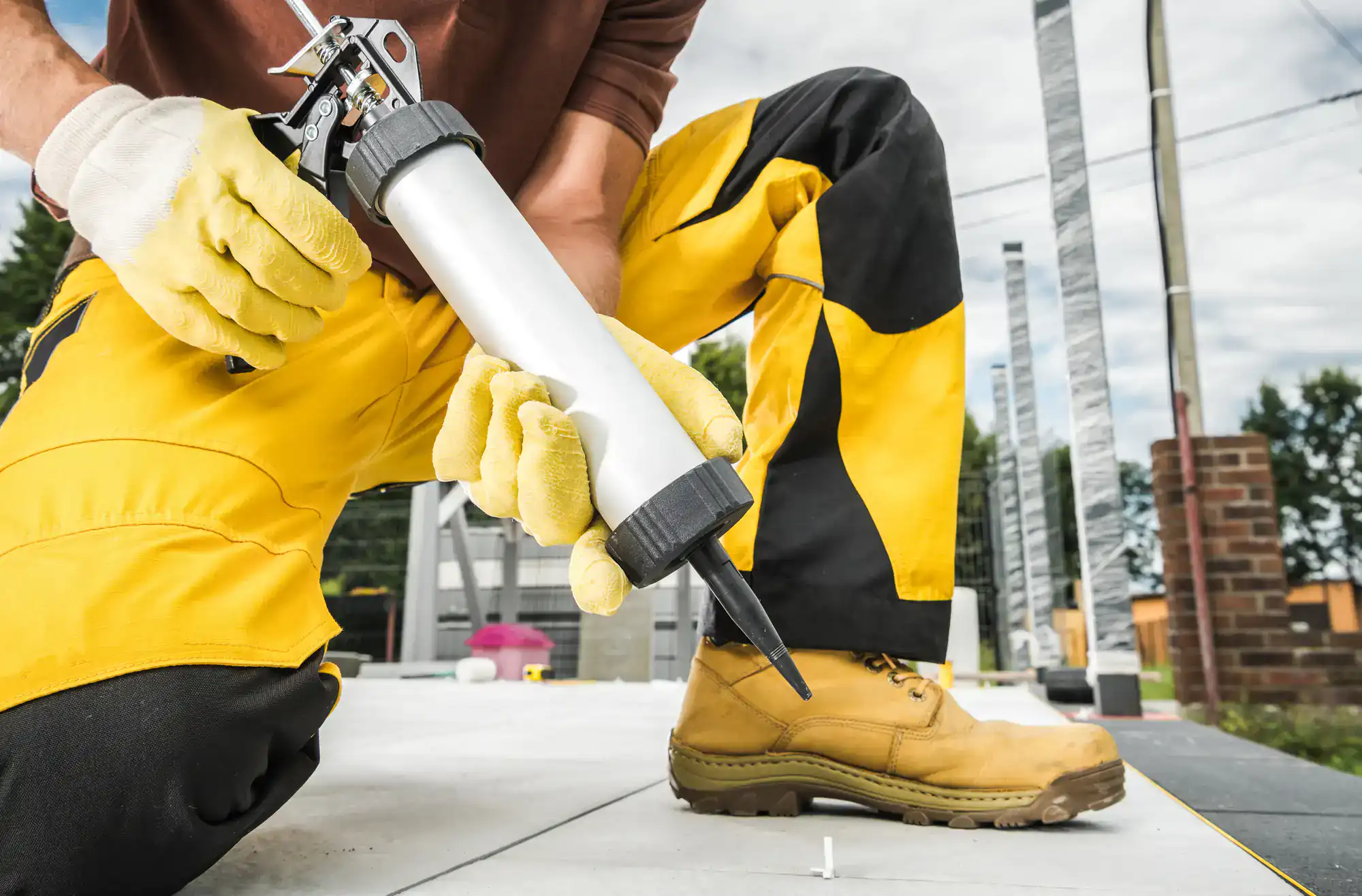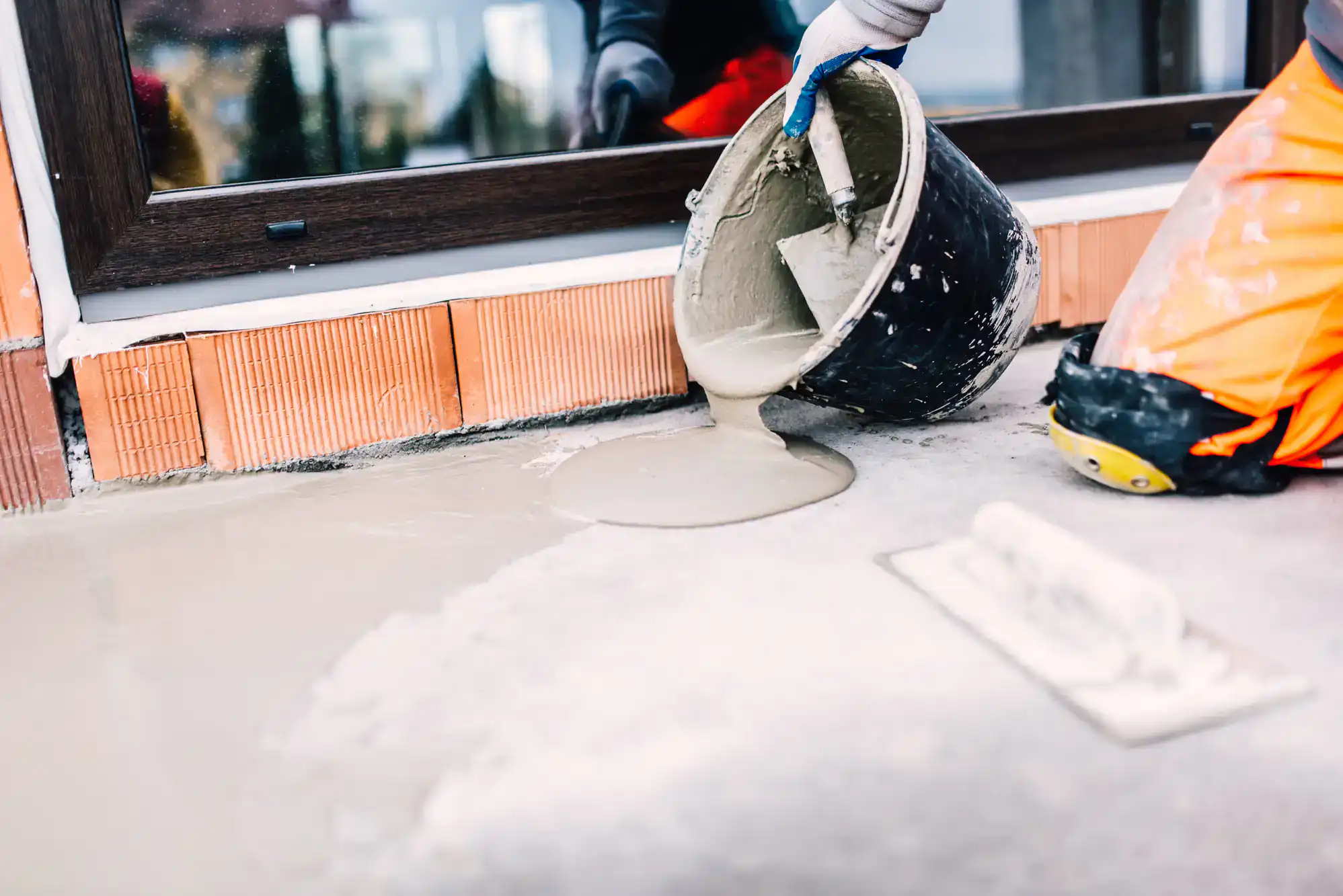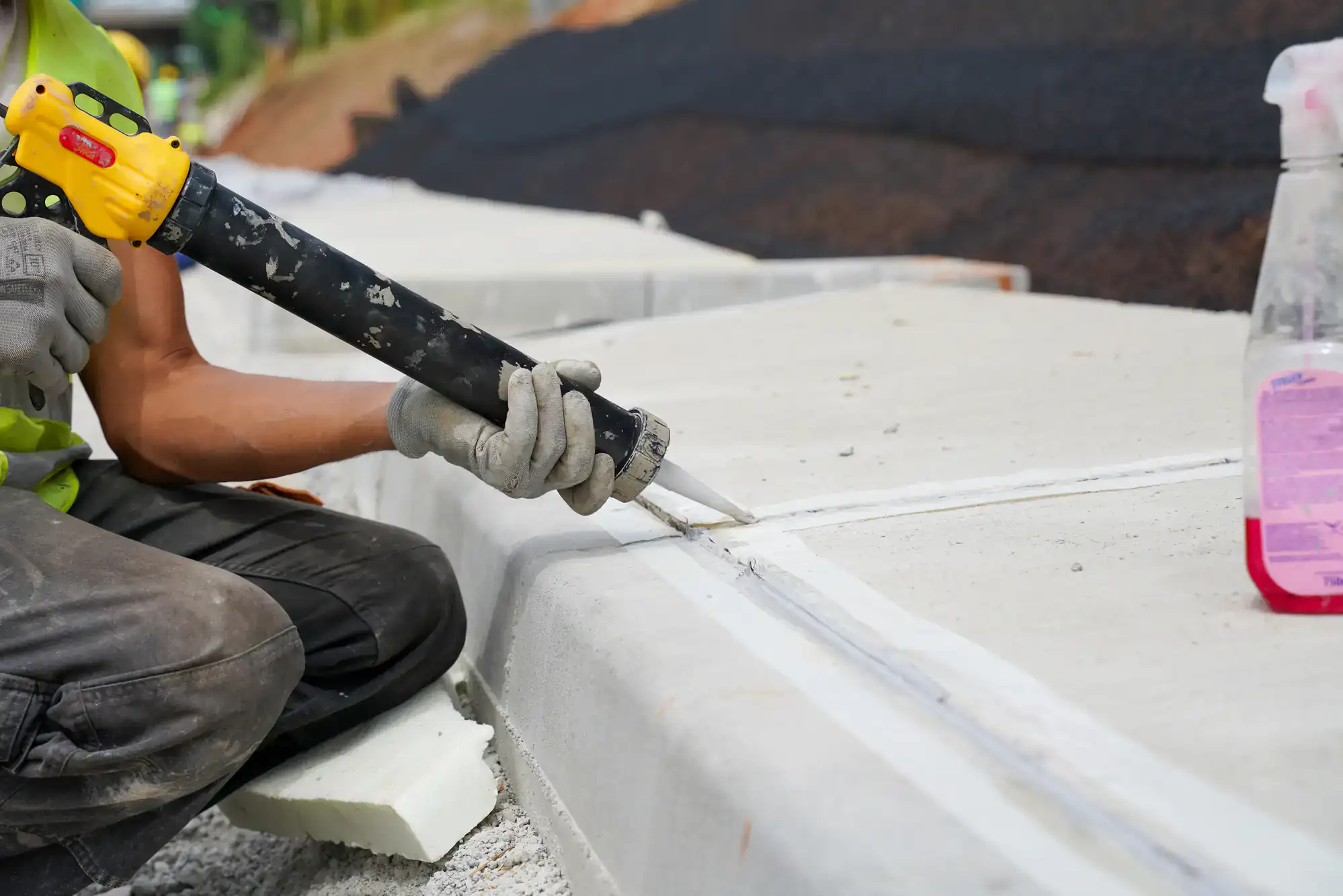Concrete Sealing in Lauderhill, FL
Stop Moisture Before It Destroys Your Floors

Hear from Our Customers

Moisture Control Flooring Lauderhill
Here’s what happens when you get concrete sealing right. Your floors stop absorbing moisture that leads to mold, mildew, and that musty smell that never goes away. The surface becomes easier to clean because spills sit on top instead of soaking in.
You’re not dealing with stains that seem permanent or worrying about whether the humid South Florida air is slowly destroying your concrete from the inside out. The floor looks professional, feels solid underfoot, and you know it’s going to stay that way.
Most importantly, you’re not facing expensive repairs down the road because small moisture problems turned into big structural issues. That peace of mind is worth everything.
Commercial Flooring Contractor Lauderhill
We’ve been solving concrete problems across Lauderhill, Fort Lauderdale, and the broader South Florida market for years. We’re a veteran-owned company that understands what works in this climate and what doesn’t.
The reality is that most concrete sealing fails in South Florida because contractors don’t account for the unique challenges here. High humidity, temperature swings, and moisture that moves three times faster than in northern states. We’ve built our entire approach around these conditions.
When you work with us, you’re getting a team that’s seen every type of moisture problem Lauderhill buildings face. We know which products hold up and which ones fail within months.

Long-lasting Flooring Solutions Process
First, we test your concrete for moisture levels using specialized equipment. This isn’t optional in South Florida – we need to know exactly what we’re dealing with before applying anything. Skipping this step is why most sealing jobs fail.
Next comes surface preparation. We grind or shot-blast the concrete to create the right texture and remove any contaminants. This ensures the sealer bonds properly instead of just sitting on top waiting to peel off.
Then we apply the sealer system that’s right for your specific situation. Not all sealers work the same way, and what works for a garage in Colorado won’t necessarily work for a warehouse in Lauderhill. We select products designed for high-humidity, high-temperature environments.
The final step is quality control. We make sure the application is even, the coverage is complete, and the curing happens under controlled conditions. This attention to detail is what separates lasting results from callbacks.

Ready to get started?
Flooring Services Lauderhill FL
Our concrete sealing service includes moisture testing, surface preparation, and application of commercial-grade sealers designed specifically for South Florida’s climate. You get products that can handle the daily temperature swings and humidity levels that destroy standard sealers.
We also include proper surface preparation, which means grinding or shot-blasting to create the right profile for adhesion. This isn’t just cleaning – it’s creating the conditions for a chemical bond that lasts.
In Lauderhill specifically, we see a lot of concrete that’s been compromised by the area’s soil conditions and drainage issues. Our approach accounts for these local factors, using moisture-tolerant systems when needed and ensuring proper vapor management.
The service includes a thorough inspection afterward to verify coverage and adhesion. We don’t consider the job done until we’re confident the sealer will perform as expected in this environment.

Why do most concrete sealers fail in South Florida?
Most concrete sealers fail here because contractors don’t account for South Florida’s unique climate challenges. The high humidity, frequent temperature swings, and moisture that moves through concrete three times faster than in northern states create conditions that standard sealers can’t handle.
When moisture gets trapped between the concrete and a sealer that wasn’t designed for these conditions, you get bubbling, peeling, and that white or yellow discoloration that requires expensive removal and re-application. The key is using moisture-tolerant systems and proper surface preparation from the start.
We see this constantly in Lauderhill – jobs that looked good initially but failed within months because the contractor used products designed for drier climates.
How long does concrete sealing last in humid climates?
With the right products and application, professional concrete sealing in South Florida should last 5-10 years minimum. But this depends entirely on using sealers specifically formulated for high-humidity environments and proper surface preparation.
Standard sealers that work fine in other parts of the country often fail within 12-18 months here. The constant moisture exposure, UV radiation, and temperature changes break down products that aren’t designed for tropical conditions.
That’s why we only use commercial-grade systems with proven track records in coastal Florida. The upfront investment in quality materials and proper application pays for itself by avoiding the costly re-work that comes with failed sealing jobs.
Can you seal concrete that already has moisture problems?
Yes, but it requires a different approach than sealing dry concrete. We use moisture-tolerant primer systems that can bond even when some vapor is present, combined with breathable topcoats that allow trapped moisture to escape gradually.
The key is proper diagnosis first. We test moisture levels throughout the slab to understand what we’re dealing with. Sometimes addressing the source through improved drainage or waterproofing is necessary before sealing.
Simply applying standard sealer over a moisture problem will trap that moisture and create bigger issues. But with the right vapor-tolerant systems and techniques, we can often seal problematic concrete successfully.
What’s the difference between penetrating and surface sealers?
Penetrating sealers soak into the concrete and create a chemical barrier within the pores, while surface sealers form a protective film on top. In South Florida’s climate, penetrating sealers often perform better because they don’t trap moisture.
Surface sealers can be problematic here because they create a barrier that moisture can get behind. When that happens, you get delamination and peeling. Penetrating sealers allow the concrete to breathe while still providing protection.
However, the choice depends on your specific situation and performance requirements. Some applications need the chemical resistance that only certain surface sealers provide. That’s why proper evaluation and product selection are so important.
How do you prepare concrete for sealing in high humidity?
Surface preparation in high humidity requires controlling environmental conditions during the work. We often work during early morning hours when humidity is lower and use dehumidification equipment when necessary to create proper curing conditions.
The concrete surface must be ground or shot-blasted to the right profile, then thoroughly cleaned and dried. Any contamination or moisture trapped under the sealer will cause adhesion problems. We use moisture meters to verify the surface is ready.
Timing is critical too. We monitor weather conditions and avoid application when humidity is too high or when rain is expected. The curing environment has to be controlled for the first 24-48 hours to ensure proper bonding.
Is concrete sealing worth the investment for commercial properties?
Absolutely, especially in South Florida where moisture damage can be so costly. Proper sealing prevents the expensive problems that come with water infiltration – mold remediation, structural repairs, and flooring replacement.
For commercial properties in Lauderhill, sealing also improves safety by creating non-slip surfaces and eliminating the dust that comes from deteriorating concrete. It makes cleaning easier and gives your facility a more professional appearance.
The return on investment is clear when you consider that sealing costs a fraction of what you’d spend on major concrete repairs or replacement. Plus, it helps maintain indoor air quality by preventing mold and mildew growth in the substrate.
Other Services we provide in Lauderhill





